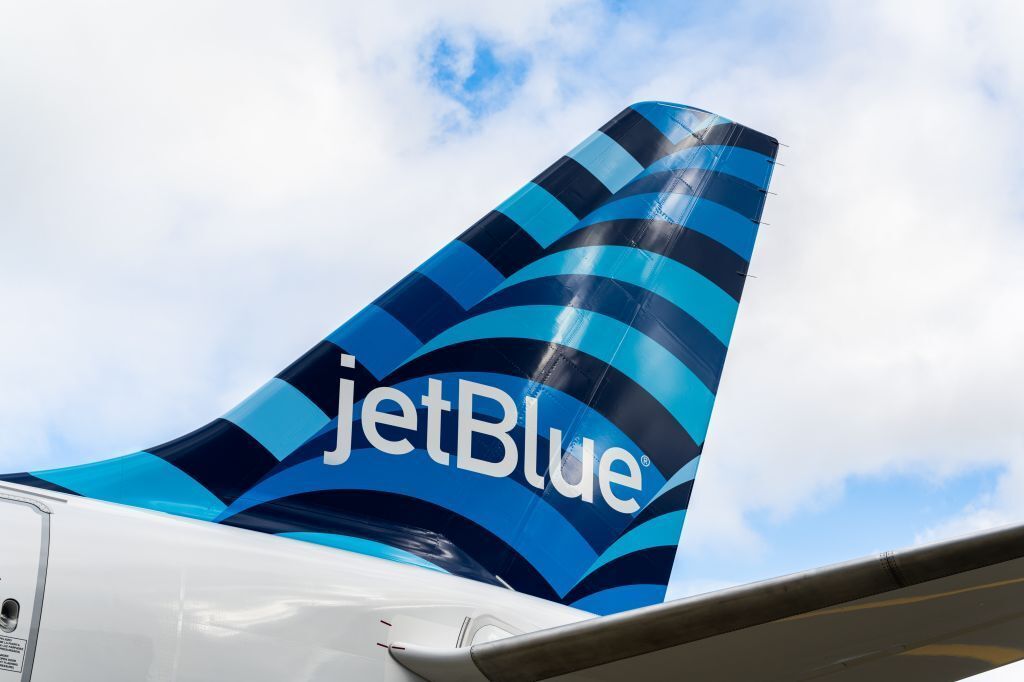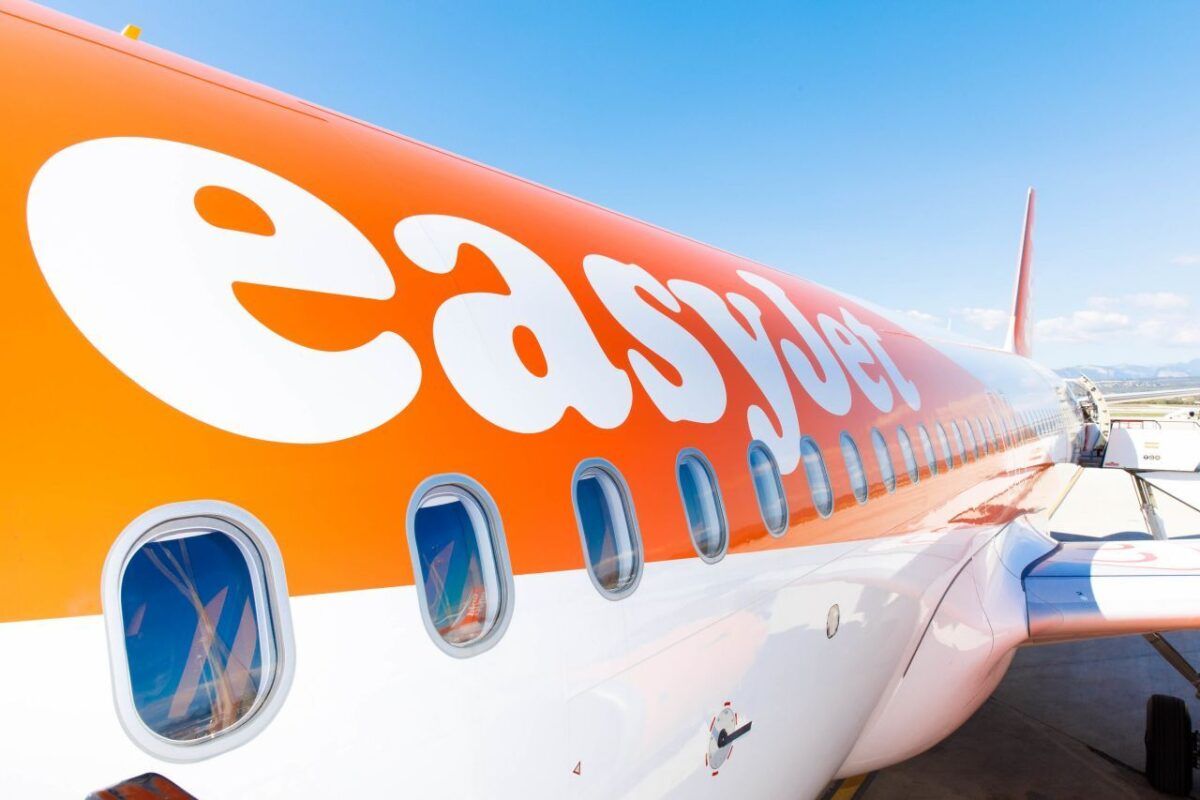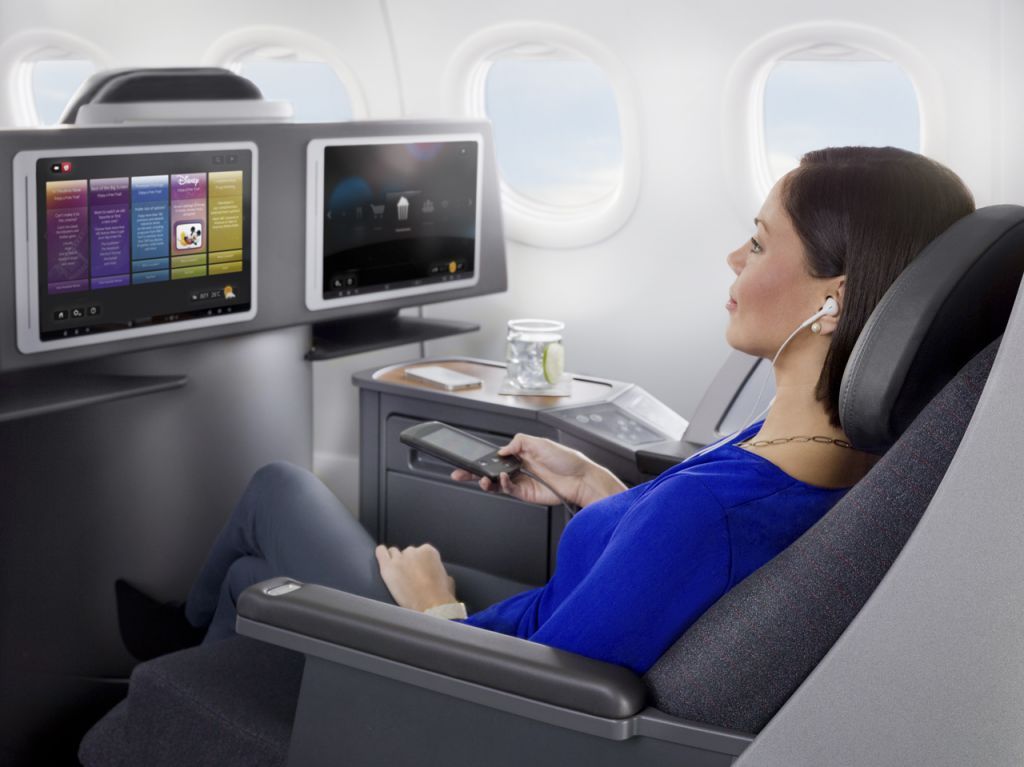Exactly a week after half a million climate protesters marched outside its headquarters in Montreal, the UN aviation agency ICAO’s triennial assembly failed to take any significant steps to rein in the sector’s emissions.
No progress was made on advancing a long-term emissions reduction target for the sector, almost four years after the Paris agreement introduced a clear demand for rapid cuts to global emissions.
Instead ICAO moved to shut down action on airline emissions by its member states and regional blocs, including the EU. States passed a resolution designed to end measures like the inclusion of European flights in the EU’s emissions trading system, as well as ticket and fuel taxes. Green transport NGO Transport & Environment (T&E) said that even as public concern reached record levels, ICAO was still trying to block those states that want to more to tackle airline emissions, which have more than doubled in the last 20 years.
The ICAO resolution [1] calls for Corsia, a carbon offsetting scheme, to be the only ‘market based measure’ covering aviation emissions. It calls for no regional measures to be allowed. But if the EU bows to ICAO and industry pressure to drop EU flights from its ETS and rely on Corsia alone, airline emissions in Europe would soar by 683 million tonnes of CO2 over 10 years, according to independent research. That is equivalent to the overall annual carbon pollution of France and Poland combined.
Andrew Murphy, aviation manager at T&E, said: “Today’s decisions confirms once again that ICAO is no home for climate action. Europe must stay true to its commitments under the Paris agreement, and press ahead with planned measures to rein in its aviation emissions, starting with ending the kerosene tax exemption.”
T&E welcomed the verbal objection expressed by European transport officials after the motion was passed. However, EU officials should have formally ‘filed a reservation’, a simple move which would provide absolute confirmation of the bloc’s right to regulate aviation pollution in Europe through its emissions trading system as well as ticket and fuel taxes.
Relying solely on the ICAO scheme, known as Corsia, will prevent the EU meeting its commitments under the Paris climate agreement. Corsia allows airlines to buy cheap carbon offsets that pay for emissions reductions elsewhere so they can continue growing theirs. T&E said that the use of carbon offsets, which already have a chequered history, will prevent the global economy from reaching net zero emissions by 2050 at the latest.
Flying is one of the fastest-growing sources of greenhouse gas (GHG) emissions and the most climate-intensive form of transport. Aviation is responsible for an estimated 4.9% of man-made global warming. If international aviation was a country, it would rank as a top-10 emitter globally.
[1] Paragraph 18 of the ICAO resolution passed today states:
“Determines that the CORSIA is the only global market-based measure applying to CO2 emissions from international aviation so as to avoid a possible patchwork of duplicative State or regional MBMs, thus ensuring that international aviation CO2 emissions should be accounted for only once;”
https://www.icao.int/Meetings/A40/Documents/WP/wp_059_en.pdf















